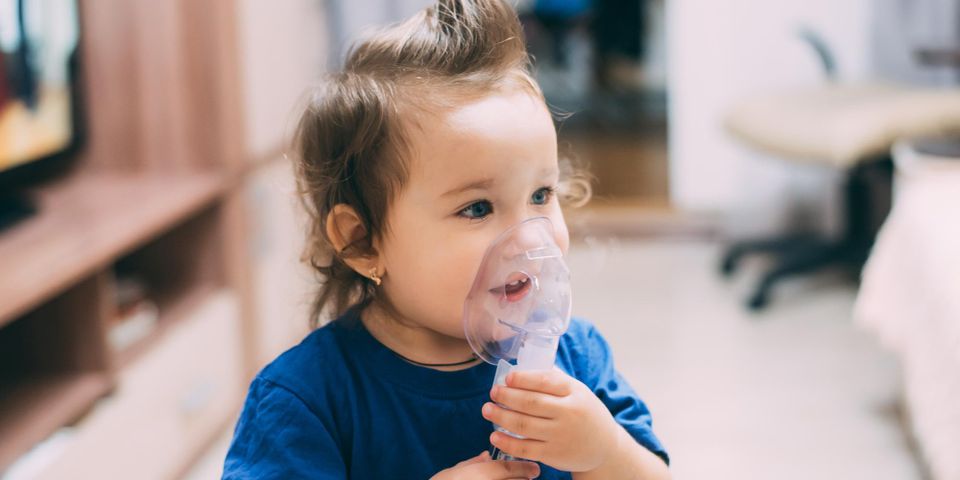
Asthma is a chronic inflammation of the airways in the lungs that makes breathing difficult. According to the Centers for Disease Control and Prevention, about 6 million children in the United States have asthma. If you or your child’s pediatrician suspect that your little one may have this condition, here’s what you should know about the disease.
What Are the Symptoms?
Most kids with asthma show symptoms before age five. Some symptoms are common, so watch for the following and ask your child to describe how they’re feeling.
- Coughing, especially at night.
- A wheezing or whistling noise when exhaling.
- Trouble breathing or quick breaths that cause the skin. around the neck or ribs to pull in tightly.
- A tight, uncomfortable sensation in the chest.
Some parents assume these symptoms indicate a common cold or even bronchitis. That’s why it’s important to closely monitor each symptom and how frequently it occurs. Talk to your pediatrician about the possibility of asthma if your child repeatedly experiences one or more of these symptoms, if anyone in your family has asthma or allergies, or if the symptoms worsen when your child:
- is exposed to extreme or changing weather, airborne irritants such as cigarette smoke or strong odors, or allergens like pollen and pet dander.
- is physically active.
- has a cold.
- has gastrointestinal reflux.
- is feeding, if an infant.
How Is It Diagnosed?
 Your pediatrician will ask about your child’s medical history and then perform tests based on their age and ability. While pediatricians can typically diagnose asthma in older children by administering a breathing test, younger children may be unable to follow the test’s instructions.
Your pediatrician will ask about your child’s medical history and then perform tests based on their age and ability. While pediatricians can typically diagnose asthma in older children by administering a breathing test, younger children may be unable to follow the test’s instructions.
In those cases, your little one may undergo a blood test that measures the levels of white blood cells that might increase due to infection, a chest X-ray that can reveal lung changes in moderate to severe asthma, or an allergy test that detects whether your child has allergies that trigger asthma symptoms.
In addition, your pediatrician may prescribe one or more asthma medicines; if your child’s symptoms lessen due to the medicine, it may indicate asthma.
How Is It Treated?
Once your child receives an asthma diagnosis, your pediatrician will develop a plan to treat airway inflammation and minimize the number of attacks. Typically, this will include quick-relief medicine (such as albuterol and levalbuterol) to treat symptoms such as wheezing and shortness of breath as well as daily medicine (such as inhaled corticosteroids and leukotriene modifiers) to treat inflammation. Most asthma medications are administered through an inhaler.
The team at Mante Pediatrics in Rock Hill, SC, will help you keep your child’s asthma under control with their gentle, compassionate services. Caring for children of all ages, these trusted pediatricians provide physical examinations, diagnostic studies, and allergy evaluations to ensure all children get the treatment they need. Visit the team online to learn more about their commitment to comprehensive pediatric care and call (803) 980-5700 to schedule an appointment.
About the Business
Have a question? Ask the experts!
Send your question

